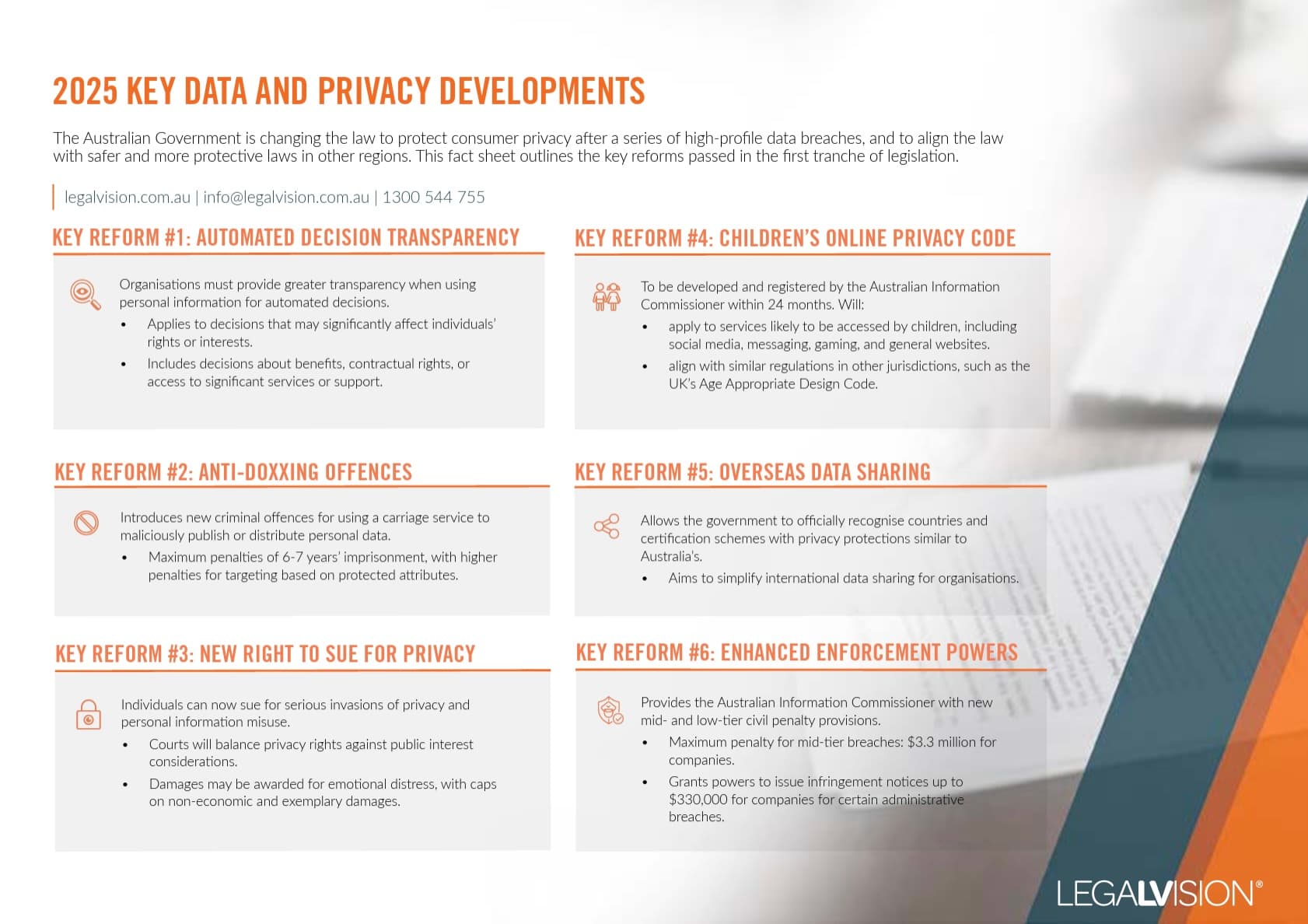As a web3 startup in Australia, navigating the fundraising landscape can be complex. Deciding between Simple Agreements for Future Tokens (or “SAFTs”) and Token Warrants is a crucial step in your capital raising journey. Both instruments offer options for securing funds before your token is fully developed or launched, but they come with distinct advantages and considerations. This article will unpack the key differences between SAFTs and Token Warrants to help you determine which approach best suits your needs.
Understanding SAFTs and Token Warrants
Imagine a SAFT as a pre-order for your future token. Investors essentially commit funds upfront in exchange for a guaranteed allocation of tokens once certain milestones are met, typically tied to the token’s development and launch. This provides crucial capital to build your project while allowing early believers to participate in your vision.
Think of a Token Warrant as an ‘option to buy’ your future token at a predetermined price down the track. Investors acquire the right, but not the obligation, to purchase tokens at a specific price point in the future. This flexibility allows them to assess market conditions before committing to ownership.
Difference Between SAFTs and Token Warrants
The table below summarises the core characteristics of SAFTs and Token Warrants.
| SAFT | Token Warrant | |
| Investor Obligation | None (guaranteed token delivery upon conditions) | Optional (right to purchase, not an obligation) |
| Token Delivery | Mandatory upon meeting certain conditions | Optional (investor decides based on market performance) |
| Flexibility for investor | Less flexible (investor receives tokens regardless of price) | More flexible (investor can choose to invest later) |
| Risk/Reward | Higher risk (potentially unfavourable token price), potentially higher reward | Lower risk (can walk away), potentially lower reward (capped by purchase price) |
Which is Best for You?
SAFTs are a good fit for:
- companies confident in their long-term vision and seeking upfront capital to fuel development; or
- investors who believe in the project and are comfortable with the potential risk of receiving tokens at a less-than-ideal price.
On the other hand, Token Warrants are a good fit for:
- companies with a flexible token launch timeline or uncertain about the final token price; or
- investors seeking to hedge their bets. They can capitalise on potential price appreciation while avoiding the risk of being locked into a high purchase price.
Additional Considerations
Regulations
The regulatory landscape surrounding crypto assets is still evolving. Depending on the token in question, a SAFT or a Token Warrant may trigger corporate disclosure or financial services licensing obligations. Consulting a lawyer specialising in blockchain and digital assets is crucial to ensure compliance.
Tax Implications
Both SAFTs and Token Warrants have potential tax implications for the company and investors. Seeking advice from a qualified tax professional is essential.

This factsheet outlines the Australian Government’s strengthened consumer privacy laws in 2025 following major data breaches and their alignment with global standards.
Key Takeaways
SAFTs and Token Warrants offer valuable tools for Australian web3 startups to raise capital before their token’s official launch. Understanding the key differences between these instruments and their risk-reward profiles will empower you to make an informed decision that aligns with your project’s goals and risk tolerance.
For more information on whether SAFTs or Token Warrants are best for your startup, our experienced fintech lawyers can assist as part of our LegalVision membership. For a low monthly fee, you will have unlimited access to lawyers to answer your questions and draft and review your documents. Call us today on 1300 544 755 or visit our membership page.
We appreciate your feedback – your submission has been successfully received.











